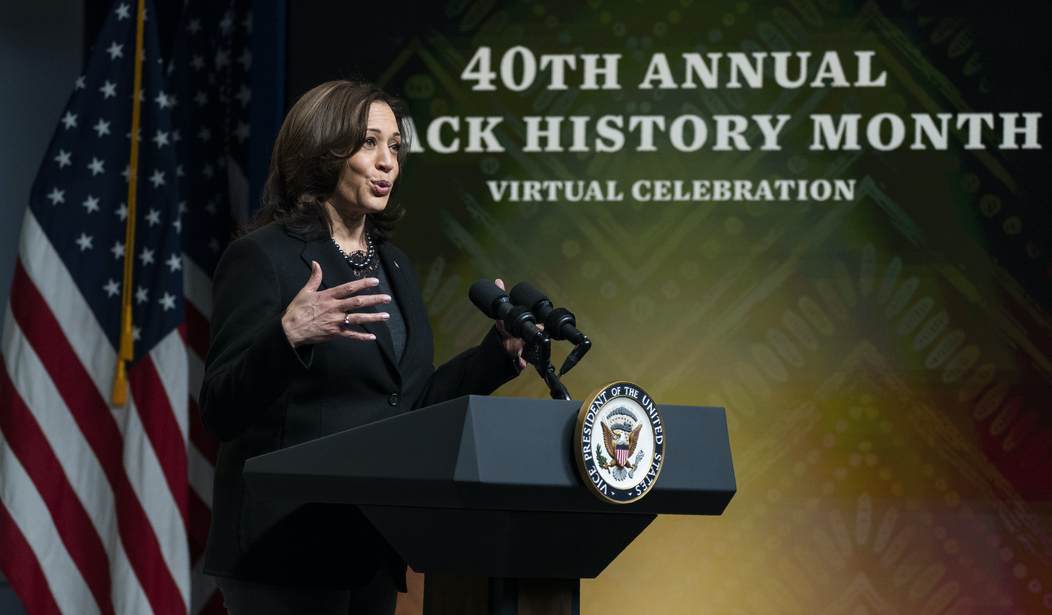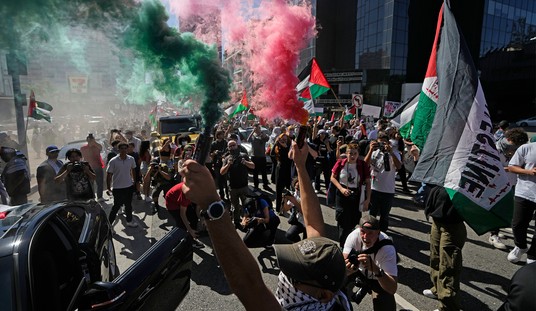Race and school curriculum have been at the forefront of the American consciousness in a very serious way lately. With Critical Race Theory creeping its way into schools across the nation, many parents are pushing back against the Marxist backdrop of the benignly-titled belief system.
However, a criticism of the pushback has been that it cuts short the discussion on why exactly so many people are in support of it in the first place. Perhaps a big reason we see such fervor for such a flawed approach to historical education is because we have failed to accurately and thoroughly represent the full history of the United States, when it comes to our Black citizens and ancestors.
There are a lot of right-wingers who don’t believe conservatives should be engaged in “banning” but should instead offer a viable replacement to CRT. I am not one of those conservatives. I know that CRT is Marxism, it creeps — it does not always announce itself by name — and America has traditionally banned communist tools throughout our history. This is no different. It isn’t just an issue of national education. It is also an issue of national security.
Whatever you think of CRT and banning it or not banning it, the truth is that there are huge gaps in our historical education. A positive side effect of the Summer O’ BLM™ is that we are now highlighting some forgotten eras of U.S. history. From the Tulsa Race Massacre to Juneteenth to other less publicized tragedies involving Black Americans, the nation suddenly has an interest in diversifying history.
The Tulsa Race Massacre is a perfect example. This event should be every bit as well known as the Rodney King riots or the Trail of Tears or the Boston Tea Party. Sadly, many Americans are just learning about this. Our history is not clean, and we should not wash over the brutality with cliché thoughts like, “America has grown.” Yes, America has grown…but from what? Our sins do not exclusively reside in slavery. There is a bigger story to tell, one that isn’t told thoroughly.
What my friend said recently really got me thinking.
I believe that we can teach the history of racism in our country without embedding resentment into our children.
— Kathleen McKinley (@KatMcKinley) June 4, 2021
We surely do need to admit that we can do a better job telling the full story of racism in this country. But her social media post made me wonder if perhaps part of our problem is that we have allowed a vital segment of American history to be segmented and segregated into what we now call Black History Month (BHM).
Just like affirmative action can actually create caps on minority hiring (companies stop at the quota and don’t feel the need to go further), BHM may have created a “cap” for how much we teach about the full spectrum of American history. It makes us feel like there are two histories — Black history and American history. The reality is they are one. Of course, they are. How do you teach the history of America without teaching the history of Black America? You can’t, not in a way that is robust and healthy. Yet we have been skimping on this merging of history for far too long. The American history of the Black community is not a bullet point list. There is so much more than we have blessed our children with learning.
Perhaps BHM has given us all a false sense of accomplishment and made us incurious.
As I said on my most recent podcast, you cannot correct a lie with another lie. You cannot correct the lie that Black history is irrelevant with the lie that Black history is different. I believe the current battle we are having over curriculum is rooted in the lie upon the lie. We’ve never been able to let the truth breathe, because everyone feels like government needs to force diversity.
This is untrue. Government needs only to enforce our human rights and the rest must fall to us, as individual people, school districts, towns, and states. We’ve acquiesced the teaching of American history to the federal government, and the result is chaos.
I don’t have a full solution here. BHM isn’t going anywhere (can you imagine the outcry from the left?). CRT is getting a well-deserved battle, but that doesn’t mean we should pretend there aren’t shortcomings here. The problem with CRT (besides blatant Marxism) is that it frames past racism as current blame. It denigrates the involuntary, intrinsic value of one group in order to elevate the involuntary, intrinsic value of another group.
You cannot correct a lie (the lie that Black people are inferior) with another lie (the lie that white people are inferior).
I agree with my friend. I believe we can do better in teaching the full history of this nation. I believe we can do it without teaching children to hate themselves or resent each other. I think the discussion is the silver lining that has come out of this present, awful mess.
I also think these are discussions, questions, and answers for localities. While they warrant national attention and plenty of curiosity, our Founding Fathers knew what too many of us have forgotten — that the strongest decisions are the ones made closest to We the People.
It is time We the People start asking ourselves hard questions, so we don’t end up having to put in all this footwork again to push back against terrible ideas like CRT in the future. How do we move Black history from Black History Month to just…history?













Join the conversation as a VIP Member